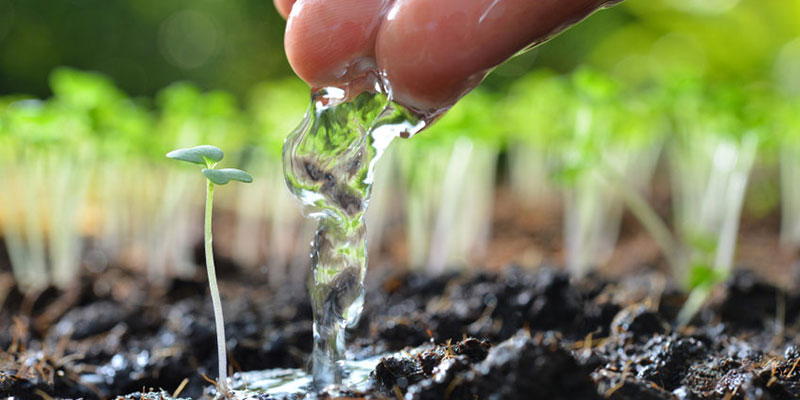Water, whether for drinking or irrigation, is one of humanity’s most central resources, which makes it central to sustainability.
Processes like desalination and wastewater recycling can increase the fresh water available for drinking and irrigation
Sustainabilty has various definitions, but generally it involves balancing today’s resource needs with those of the future to support humanity and the ecosystems upon which we depend.
In a world where the finite nature of our resources is becoming increasingly clear, it no longer makes sense to use resources only once. A sustainable strategy seeks circularity. This means precious resources are used, reused, and reused again, ultimately being returned to the environment in a harmless or beneficial form.
How do water and wastewater treatment fit into water sustainability goals?
Wastewater Treatment and Sustainability
With the development of technologies that harvest valuable resources from wastewater streams, the idea of wastewater treatment is evolving into one of resource recovery.
Energy-recovery facilities can recover more energy from wastewater streams than it takes to fuel plant operations. One of the most productive waste-to-energy technologies is called anaerobic digestion. In anaerobic digestion, bacteria digest organic waste outside of the presence of oxygen to produce biogas, which can be used to power the wastewater process, and also fuel boilers, electric generators, and vehicles — in short, anything fossil natural gas can do.
Unlike fossil-fuel production, biogas production from wastewater is carbon neutral and makes the environment cleaner. Also, biosolids derived from anaerobic digestion sewage treatment are valuable as soil amendment material and fertilizer.
Perhaps the most obvious valuable resource that can be recovered from wastewater is the water itself. When treated to nonpotable water reuse standards, effluent can be used for many applications, including agricultural or landscape irrigation, cleaning, toilet flushing, and dust reduction. And wastewater can even be treated to drinking water quality, a practice called direct potable reuse (DPR).
Fluence’s Aspiral™ modular wastewater treatment plants produce water that exceeds the toughest reuse standards in the world, including California Title 22 and China Class 1A.
Sustainable Use of Groundwater
Water reuse helps achieve sustainable use of groundwater in two main ways. Each gallon reused is a gallon that doesn’t have to be pumped from the ground, and reused water can also be used to recharge depleted aquifers with managed aquifer recharge. It helps maintain surface water bodies, sustaining aquatic ecosysems and keeping hydroelectric turbines spinning, which in turn prevents the release of greenhouse gases from the burning of fossil fuel.
In industry, water from many different sources can be treated, used, and reused for boiler blowdown, HVAC makeup water, and process water, to name a few applications. Reuse contributes to sustainability by lowering the demands placed on natural water resources.
And in areas near cities, domestic wastewater can be reused for surrounding agricultural operations, adding to food productivity.
Water Treatment’s Role in Sustainability
As the climate becomes drier in many regions, water treatment can support human habitation where it would otherwise be impossible. On islands, in coastal regions, or above brackish or saline aquifers, for instance, desalination can create a reliable supply of fresh water. In the past, desalination developed a reputation for high cost, but newer advances in reverse osmosis technology have brought per-unit price points down while water prices have risen, making it viable in more cases than ever.
Typically, people think of desalination for producing drinking water. However, it can also be used for agricultural irrigation. While some researchers have predicted a steep drop in agricultural productivity due to insufficient irrigation water, desalination can help make up the difference.
Fluence’s NIROBOX™ line of containerized desalination plants can transform seawater or brackish groundwater into fresh water, bolstering food security, a component of sustainability.
Water is one of humanity’s most central resources, which makes it central to sustainability. It’s important to bring adequate water and wastewater treatment to the world, even to those that lack initial investment capital. That’s why Fluence’s Water Management Services deliver updated water infrastructure with no upfront investment. Contact Fluence to get on the fast track to sustainability and the circular economy.

